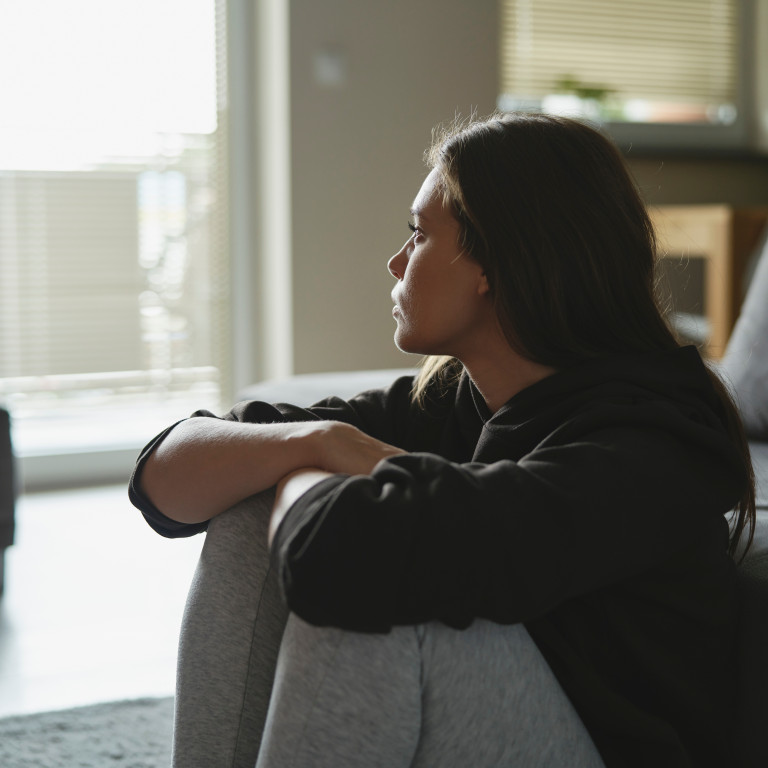Where do fathers stand concerning parental responsibility?
Individuals with parental responsibility have the right to be involved in important decisions that impact their child’s life, including areas such as education, health, and religion. Whilst Mothers automatically have parental responsibility, this is not always the case for fathers who only automatically gain these rights if they are married to the mother at the time of their child’s birth or they are named on the birth certificate. If a father does not automatically have parental responsibility, there are several options available to him to acquire these rights.
What is parental responsibility?
Parental responsibility encompasses all the legal rights, duties, and responsibilities that a parent of a child has. Individuals who have parental responsibility have the authority to decide where a child is to live, go to school, and whether or not they should undergo medical treatment. Having parental responsibility is not the same as parenting a child, if you are not living with the child you cannot interfere with routine day-to-day decisions however you should be consulted with regard to major issues, for example, which school the child attends.
If the parents separate, both will hold an equal right to continue to be informed about and help make, important decisions affecting their child’s life.
Parental responsibility continues until the child reaches the age of eighteen. All parents, whether they have parental responsibility or not, have an obligation to ensure their child is financially supported.
Who has parental responsibility?
Mothers automatically have parental responsibility for their children and fathers will only gain parental responsibility if they are married to, or in a civil partnership with, the mother at the time their child is born. They do not lose parental responsibility if they get divorced or if the civil partnership is dissolved.
Unmarried fathers can acquire parental responsibility without the need for Court proceedings by:
- Marrying or becoming a civil partner of their child’s mother;
- Becoming registered as the child’s father
- Entering into a parental responsibility agreement with their child’s mother using the appropriate documentation;
- Being formally appointed as a guardian.
Alternatively, unmarried fathers can apply to the Court for:
- A Parental Responsibility Order;
- A Child Arrangements Order where they are named as the person the child lives with;
- A Child Arrangements Order where they are named as a person the child spends time with.
If an application is made to the Court, the child’s welfare will be at the forefront of any decision. The Court will take into consideration the degree of commitment shown by the father towards his child, the degree of attachment between the father and his child, and the father’s reasons for applying. There is a presumption in favour of parental involvement in a child’s life when the Court considers whether or not to make any court order. This means that it is almost always in a child’s best interests to have some form of contact with the parent they are not living with.
What to do if there is a disagreement between those with parental responsibility?
If the disagreement cannot be resolved between the parties then it may be worthwhile attending mediation to see if a neutral third party can help reduce the conflict and find points of agreement between the parties. If mediation is unsuccessful, it may be necessary to instruct a solicitor to negotiate on your behalf. As a last resort, and if all other attempts have failed, you could apply to the Court for:
- A Child Arrangements Order
- A Prohibited Steps Order
- A Specific Issue Order
Parents, either with or without parental responsibility, may apply to the Court. The Court will make a decision on their behalf after considering what is in the best interests of the child. It may set out how the parents’ parental responsibility may be exercised, or limit how it may be exercised, depending on the circumstances.
How we can help
Tozers’ experienced Family team are here to listen, understand and guide you through the legal process. For further information about any part of this article, or to talk to one of our dedicated Family team, visit their hub page.






